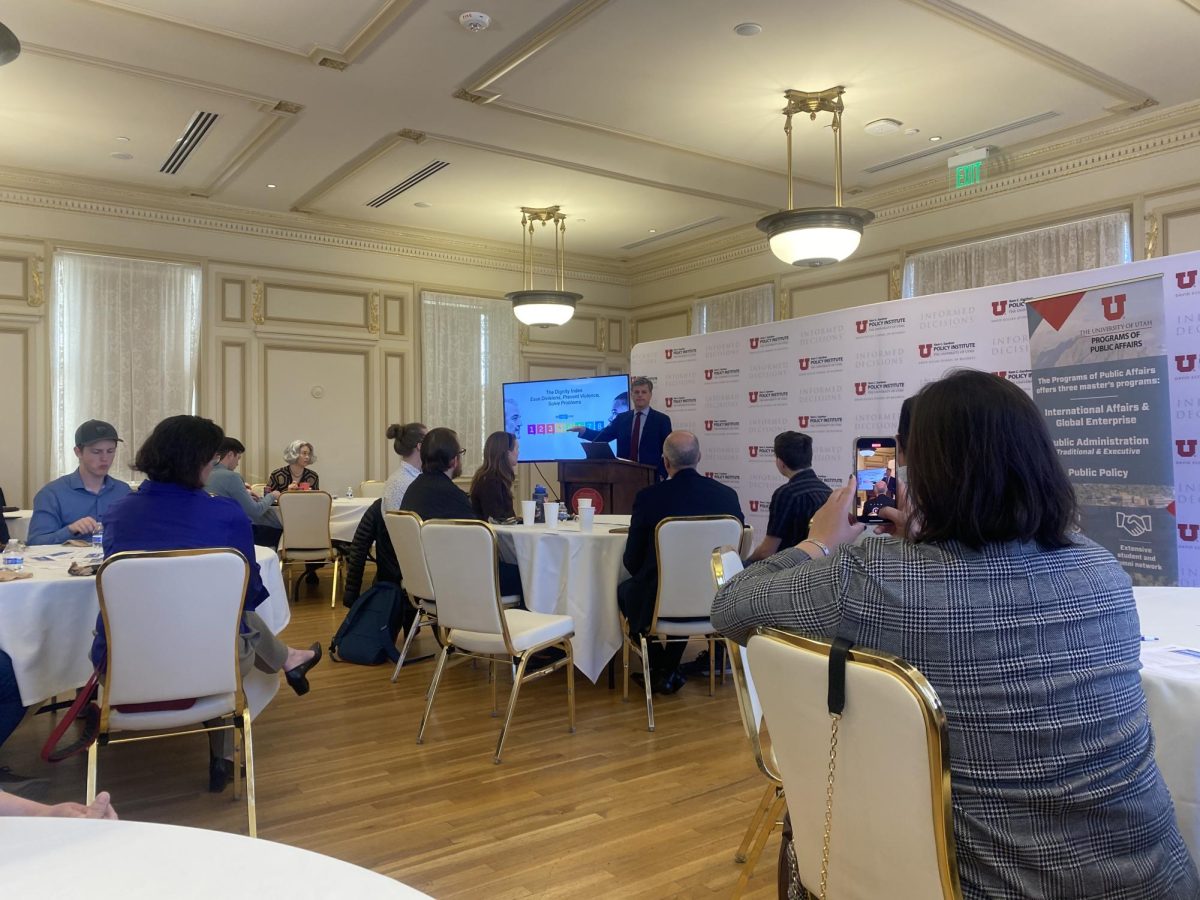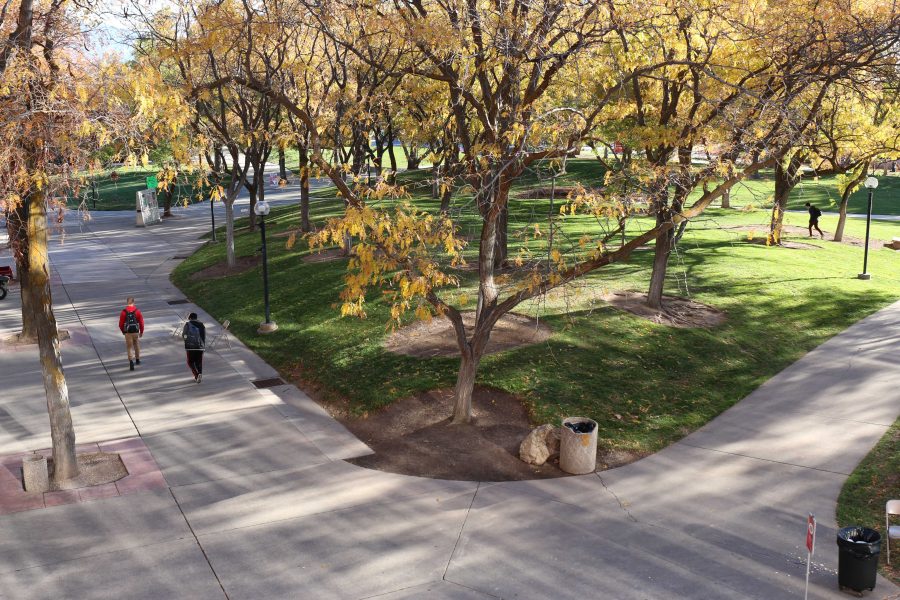From Black Lives Matter to rallies about Planned Parenthood, the past year has seen a sharp increase in high-profile protests with national implications.
These events have shown up at the U, drawing varying crowd sizes and degrees of support. University administration hasn’t prevented any of these demonstrations from happening, unlike one in six universities in the United States, according to the Foundation for Individual Rights in Education.
Kiman Kaur, a sophomore in gender studies and environmental and sustainability studies, participated in open-mics and events associated with the Black Lives Matter protests on campus last year. Kaur is concerned the school’s policies toward activism only extend to tolerating their presence, not providing real support.
“I can only think of two to three people or offices on campus that have actively mentally, emotionally and physically supported me when trying to organize a movement,” Kaur said. “Everyone verbally supports me, but when I need them to physically support me through praxis and action they are not there. It feels like a bunch of empty words.”
The U has certain spots specifically designated as free speech areas, located in the Union Plaza and between the Campus Bookstore and OSH, but Lori McDonald, dean of students, said these are only suggested locations. All of campus, she said, from Research Park to Rice-Eccles Stadium, is a free speech zone.
“I think a university, at its core, is a place to exchange ideas and knowledge and so it just makes sense for it to be a place where all those ideas can be for everyone,” McDonald said.
Kaur said she wants the U’s administration to listen better to what students are actually saying through these protests to stop future incidents of discrimination from happening.
“Administrators paid faculty to show up and stand with students because at the end of the day their credentialed voices matter more than yours and mine,” Kaur said.
Kaur said while she can’t speak for all activists on campus, she’s spoken to others who have similar concerns.
Katie Christensen, a senior in gender studies, participated in the campus Slutwalk, calling for the end of rape culture, and Pink Out, which protested the state’s defunding of Planned Parenthood. She thinks the U supports protests “for the most part.” She’s never heard of a protest stopped by the administration, and many of her professors often provide support.
“I would say [administrators] care about freedom of expression being fostered on a college campus, but it feels a lot more like apathy,” Christensen said. “It feels like they don’t care what we’re doing as long as it doesn’t cause trouble for them.”
She said because the administration allows protests on campus, she wishes more students would join in on the school’s activism.
“We’re lucky to have an environment where we can protest relatively safely, and I wish more people would take advantage of that,” Christensen said. “I could see the administration of a public university in a conservative state trying to squash the more liberal activism, and I’m glad that’s not happening.”
McDonald said she and other administrators want to offer support for “all students practicing their First Amendment rights” and regrets if any student feels less than supported in their efforts. Protests do not need special permits to occur, but McDonald said if students wanted a “structure,” like a sign or a tent, they would have to get permission from the Scheduling Office.
Students can contact McDonald in Student Affairs if they would like to organize a protest and want to know the rules and guidelines, like coordinating with other groups and campus security. The U does have time, place and manner restrictions; state picketing and demonstrating can’t interfere with public order or safety, the flow of pedestrian and vehicular traffic, the rights of assembly of other speakers or any activity relating to teaching or research, hospital services and housing.
There is no rental fee for outside areas for protests or to raise structures, but there may be a rental fee for rooms in buildings, such as the Union.
@Ehmannky
















